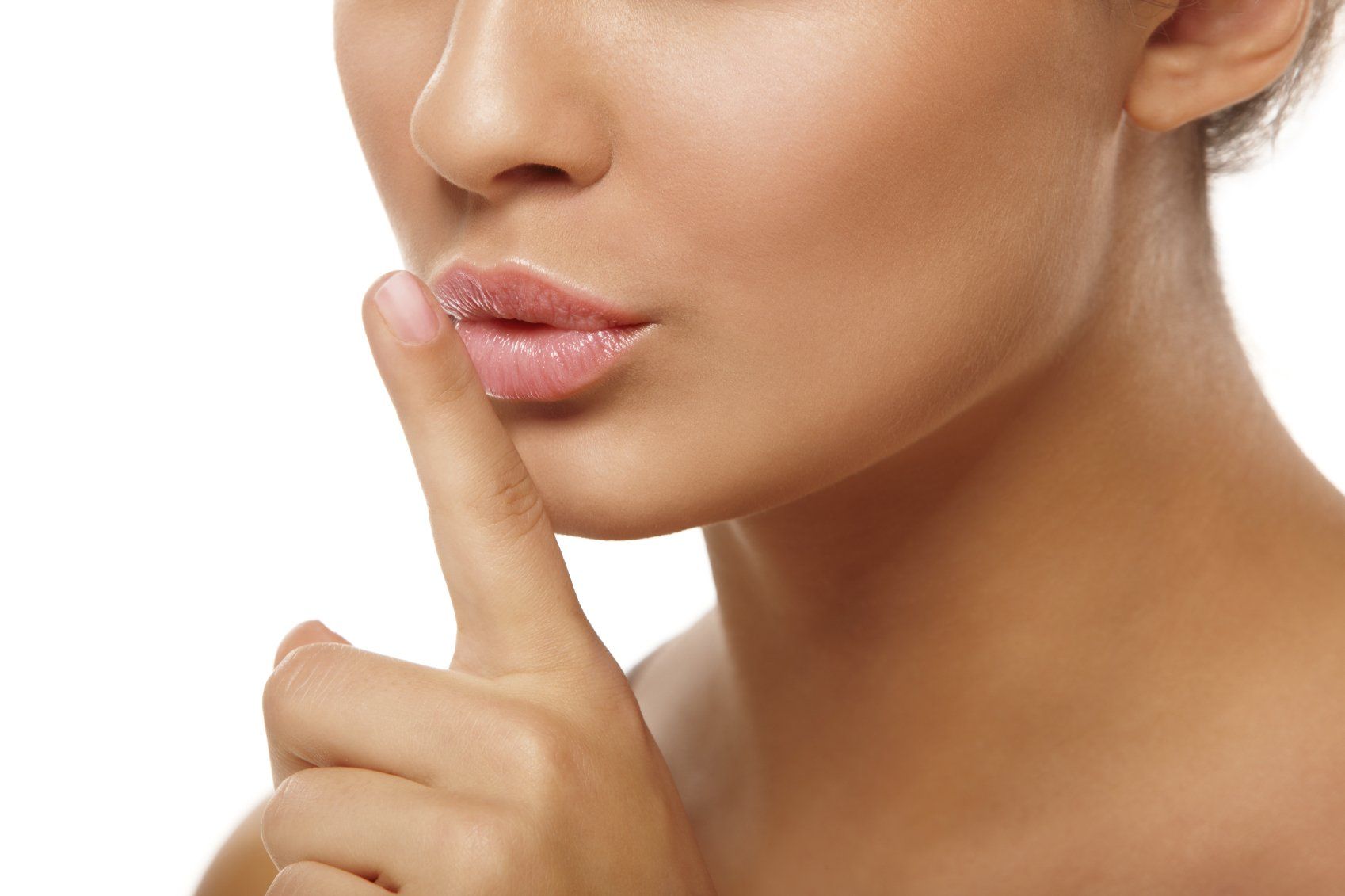Truth About Acne
- By Semoney C
- •
- 24 Sep, 2019

Despite an entire aisle in the pharmacy, a diligent pharmaceutical and cosmetic industry and the best efforts of medical professionals, acne persists as a plague in the lives of too many people. The underlying causes of acne are fairly well studied but a permanent cure is still yet to be found. That’s because the causes are often tied to other aspects of your physical life. Things you normally wouldn’t even consider, like shampoos, medications, fabric softeners and health foods. These things could be aggravating your symptoms.
The best way to deal with acne is to educate yourself about your skin, the triggers for your acne and the treatment options available.
There are many different types of skin and a few major variations on the types of acne. Acne itself is caused by an infection that happens under layers of skin that are shedding faster than the pores can expel them. This results in clogged pores that can cause either non-inflamed or inflamed acne. Each of these can be broken down further to skin types and the types of acne that they produce. This will also determine the best course of treatment, which is why the status quo, of one to cure-them-all does not work.
Many of the most popular treatment options available are sometimes more harmful than helpful. Some will clear up the skin, but only offer a temporary solution, others will put your health at risks. Antibiotics, for example are usually offered as the first treatment course by dermatologists. However, the over use of antibiotics has led to the FDA asking doctors to limit their prescriptions to more serious bacterial infections. Easy access to these drugs has led to the creation of super bugs like MRSA, a drug resistant staph infection that can be very difficult to cure. So why do doctors prescribe the antibiotics? Because there is a component of acne that is comprised of bacteria, but the bacteria are not the sole culprit. People with acne have an inherited tendency of too many dead skin cells within the pores. Unclogging the pores must be paired with a method of killing the bacteria that has long term effects without the serious health consequences.
Birth control is another drug that is often prescribed to women to treat acne. Birth control hormones can also aggravate symptoms and additionally cause weight gain. Results will vary based on the hormonal profile of the patient but the more common outcome is what the warning label states for people who are already prone.
There are also numerous over the counter remedies and usually the most aggressive marketer wins. Pro-Activ, Clearasil, Noxzema and others have been promising pimple clear skin for decades, but have yet to actually deliver. Over the years heating devices, scrubbing exfoliators, astringents, pods, pads, microbeads and more keep trying to sell people on methods that only tackle a single aspect of the problem without every truly managing the conditions needed for healthier skin.
"The last set of treatments are the home remedies that are age old and often fail. People will make recommendations about foods to avoid and household items to put on your skin like lemon juice and toothpaste, but these practices lead to scarring and burning, which adds to the unwanted facial blemishes. What’s worse is the damage inflicted by some of these remedies may not be reversible.
According to Dermatologist/Acne Specialist, Dr James Fulton “The best way to treat acne is with an at-home regimen that includes the topical use of an alpha or beta hydroxy acid that is strong enough to exfoliate but not so strong as to irritate or burn the skin, and an antibacterial product that delivers oxygen into the pores. Because skin types and conditions vary greatly, different topical products need to be tested on the individual to check for sensitivity and efficacy. Some skin types and conditions can get noticeable results in just several days and get totally clear in just a couple of weeks. Some will take several weeks and need to have their regimen changed as their skin adapts, but less than 10% of the cases are difficult to treat and may take 6 months or more to really get under
control.”
Schedule your acne consultation appointment today to get your skin clear and healthy.